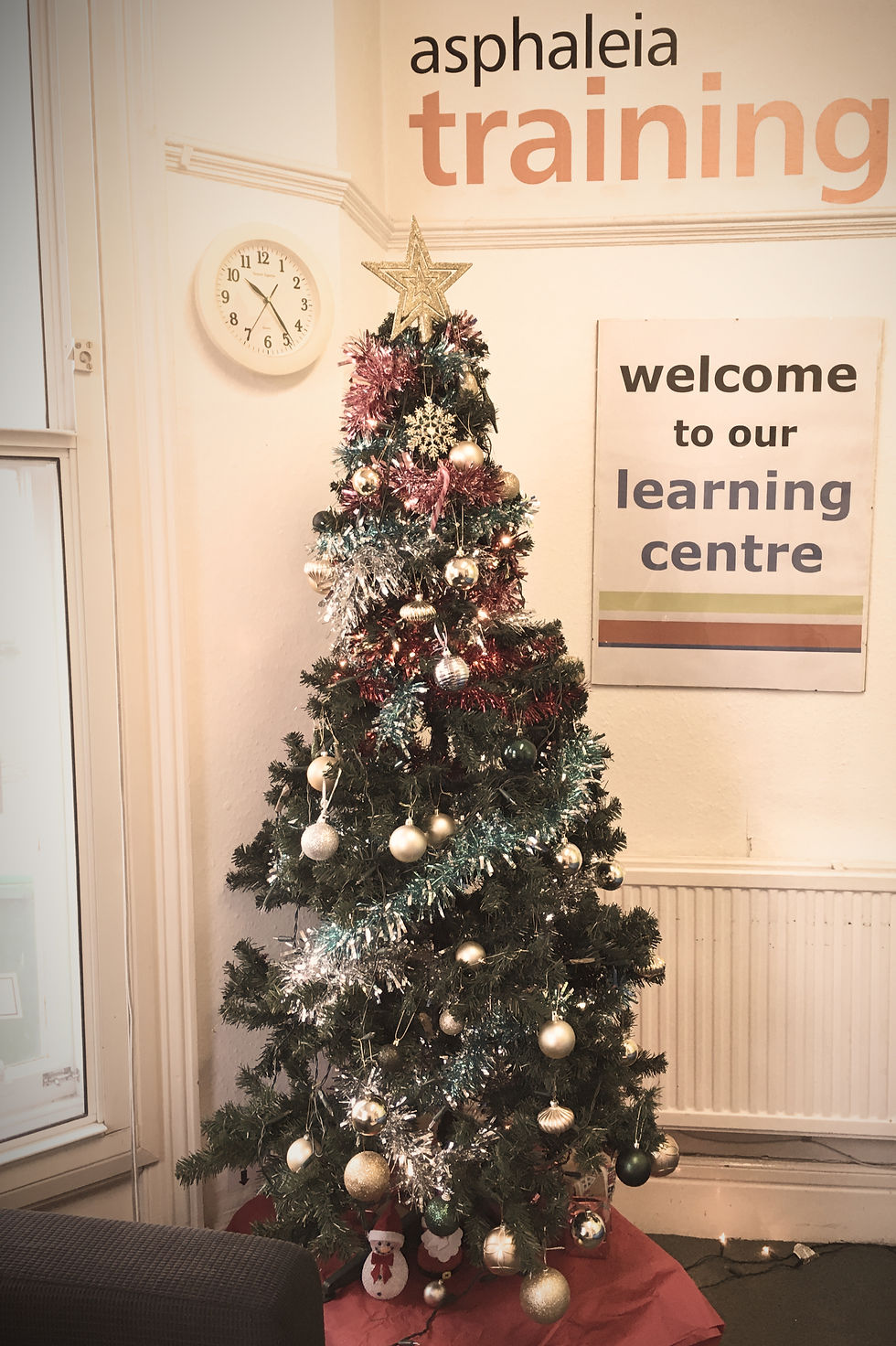domestic violence, abuse and what can be done in the era of COVID-19
- Jeni
- Mar 27, 2020
- 4 min read
Times in the era of COVID-19 are strange and confusing and for many can be incredibly worrying. Especially for those individuals, children and young people living in abusive and dangerous situations.
It is thought that 1 in 4 women and 1 in 6 men will experience domestic violence within their lifetime and DV accounts for 16% of all violent crime.
With current social distancing restrictions implemented by the Government to help slow the spread of the disease, there are huge concerns that this risk will escalate, offering up more opportunities for abuse to occur. Many children’s charities and organisations such a UNICEF are urging governments to ensure the safety and wellbeing of children amidst the intensifying repercussions caused by the pandemic. The UN children’s agency, and the Alliance for Child Protection in Humanitarian Action, has released a set of guidance to support authorities and organizations involved in the response, which can be found here.
Dr Hannah Bows, deputy director of the Centre for Research into Violence and Abuse (CRiVA) at Durham University said the current situation also severely lowered the chance of another person or agency picking up on signs of abuse.
Bows commented: ‘In everyday life It can be as simple as a teacher asking a question when someone takes the kids to school, a teacher will ask questions, or another parent might pick up on something at the school gate. If none of those daily meetings are occurring, the likelihood of someone triggering a safeguarding concern is a lot lower.”
So, what can be done?
Despite the restrictions, statutory and charitable services are working hard around the clock to adapt to the current climate and are offering remote services as much as possible.
Here at Safe West Sussex we have been contacting each of our vulnerable young people, their carers and the professionals in their life to let them know we are still here for them whenever they need us, and have set up remote sessions with those that wish to keep in touch this way.
Social Workers and other front-line staff are in constant communication with outside services and communities they support such as schools and the NHS who are often relied on for information sharing and are supporting their current caseloads through regular phone calls and video chatting.
"We are producing more content online. If you are living in the vicinity of an abuser, you need coping mechanisms."
Hera Hussain, spokesperson and co founder of CHAYN a global volunteer network addressing gender-based violence by creating intersectional survivor-led resources online, has said: ‘We are anticipating domestic abuse will increase during coronavirus and we are preparing services for this. We are producing more content online. If you are living in the vicinity of an abuser, you need coping mechanisms. We are run by volunteers and are now working in the evenings too. A lot of survivors go to local trauma groups and group therapy but can’t get that anymore, so we are running a trauma group on Telegram – a highly secure instant messaging app.’

It is important, now more than ever with many people isolated in their homes, that those who have a responsibility to protect the most vulnerable take action to ensure the line of communication Is kept open; one of the most important tools in identifying and supporting those who are victims of abuse.
If you or anyone you know is experiencing domestic violence or abuse and you are worried, then please know that many services are here for you 24/7 to offer support and guidance during this difficult time.
Here are some useful phone numbers and information for services that can support you-
If you think that a child or adult is in immediate danger, then do not hesitate and phone 999 for support.
The women’s Refuge freephone helpline (0800 2000 247) staffed by a team of trained female advisers, is operating 24/7, and women can use an online contact form to request a call back at a safe time, if they are unable to phone because they are with the perpetrator.
National Domestic Abuse Helpline which is open 24/7 365 days per year on 0808 2000 247 or via their website.
Victim Support operates a 24/7 Supportline offering emotional and practical support for anyone who has been a victim of crime or a witness who needs support or information.The number is 0808 1689 111 and is free to call. Information can also be found online here and through this link where support can be offered either by phone or online via instant messaging.
CHAYN is a global volunteer network addressing gender-based violence by creating intersectional survivor-led resources online. Starting in 2013, and have since reached more than 300 000 people and 1.2 million views across the world.
For specific support if you are a male survivor of Domestic violence and/or abuse you can find information and help here and here.
As always if you are based in West Sussex and work with vulnerable adults, children and young people or are a member of the community and have concerns, you can still contact the multi-agency safeguarding team on 0330 222 7799 or by contacting MASH@westsussex.gov.uk. They will help you in moving forward with your concern and support you in the best way possible.







